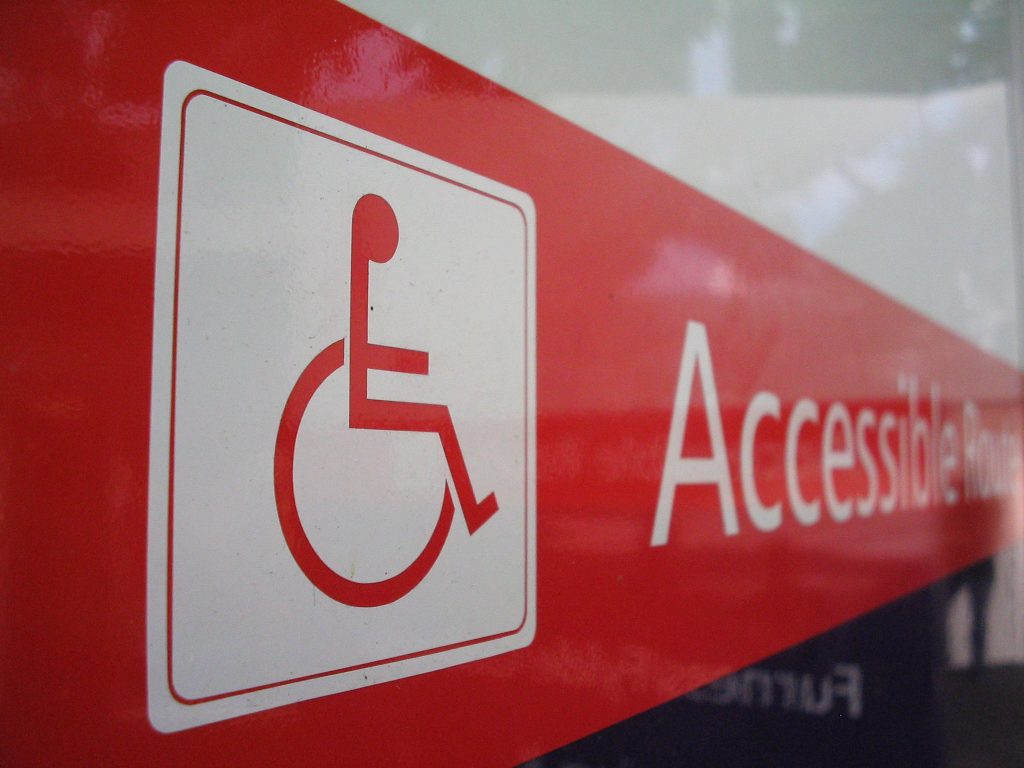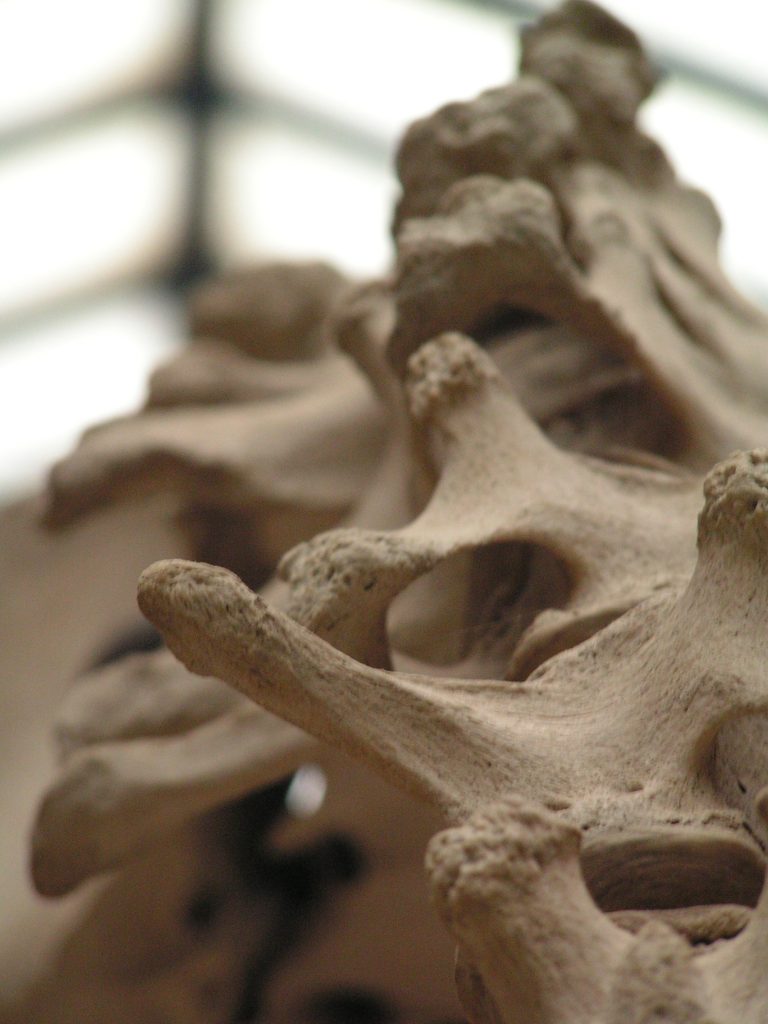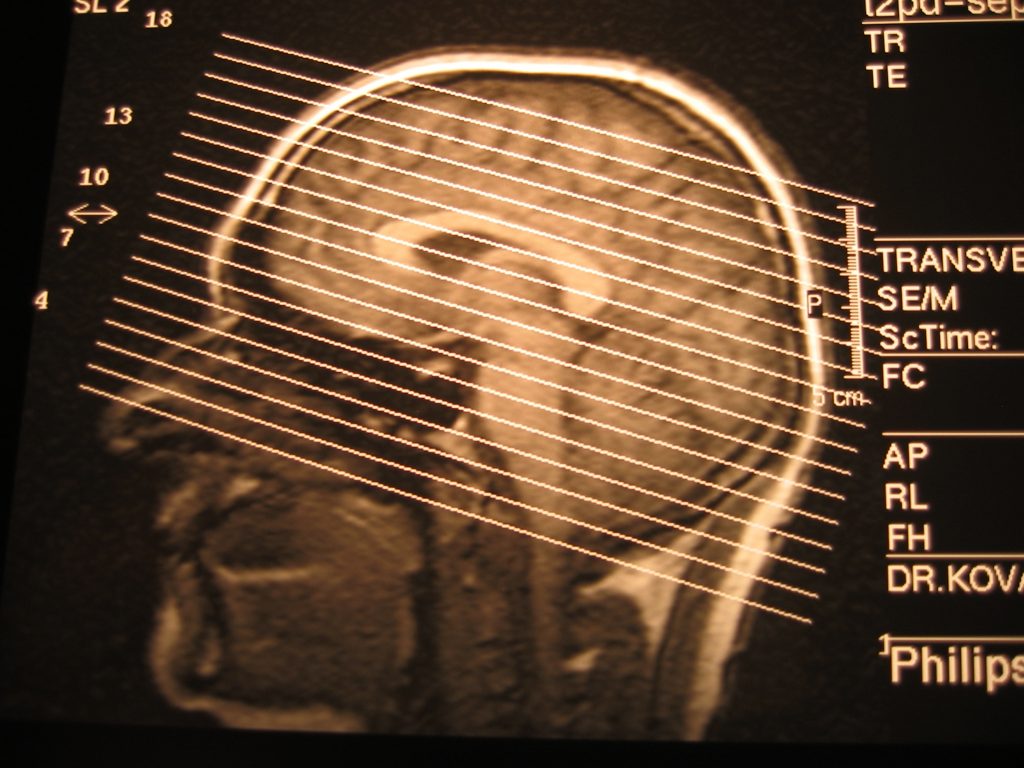 An employee is entitled to worker’s compensation benefits if he or she suffers an injury by accident during the course of his or her employment. Although worker’s compensation law has been liberally construed in favor of the injured employee, it is not an unlimited source of benefits for individuals unable to work. For example, in Royals v. Richwood, a Richwood, Louisiana resident named Donna Sue Royals attempted to appeal a judgment made by a Workers’ Compensation Judge (WCJ) who rejected her claim for permanent total disability (PTD) benefits. However, the Court of Appeal determined that the judgment was proper and denied Royals’ appeal.
An employee is entitled to worker’s compensation benefits if he or she suffers an injury by accident during the course of his or her employment. Although worker’s compensation law has been liberally construed in favor of the injured employee, it is not an unlimited source of benefits for individuals unable to work. For example, in Royals v. Richwood, a Richwood, Louisiana resident named Donna Sue Royals attempted to appeal a judgment made by a Workers’ Compensation Judge (WCJ) who rejected her claim for permanent total disability (PTD) benefits. However, the Court of Appeal determined that the judgment was proper and denied Royals’ appeal.
During the 2002-2003 school year, Royals was hired by the Town of Richwood to work as a resource officer at Richwood High School. In September 2002, Royals twisted her knee while getting out of her patrol car during a routine perimeter check of the school. The next day, she exacerbated the injury when she “misstepped” in the police station restroom. As a result of this injury, Royals was advised by her family physician to seek treatment and in November 2002, she began seeing an orthopedic surgeon, Dr. Douglas Brown. In December 2002, Dr. Brown performed arthroscopic surgery that allowed Royals to return to work as a dispatcher in January 2003. However, she continued to experience pain from the injury and in January 2005 she received a complete knee replacement, which was also performed by Dr. Brown. In May 2005, Dr. Brown released Royals to return to modified work and within three months she was issued a medical release allowing her to return to her original job position. Despite receiving a release, Royals never returned to her previous position.
In her claim, Royals alleged that the WCJ had made a mistake by refusing to award her permanent and total disability benefits. Royals further argued that her lengthy list of medical issues all flowed from this single work-related accident. In response, the Town of Richwood argued that Royals’s medical problems were not the result of her knee injury. Further, the Town of Richwood argued that Royals’s history demonstrated that although she had the ability to return to work and effectively perform her job, she choose not to. As evidence, they offered the fact that Royals cared for her sick mother and continued to drive through 2011. While the Town of Richwood argued that Royals’s sedentary lifestyle contributed to her medical issues, Royals argued that her lifestyle was a result of the injury she received on the job.

 Louisiana Personal Injury Lawyer Blog
Louisiana Personal Injury Lawyer Blog


 After a workplace injury, navigating the benefits provided by workers’ compensation can be a complicated process. Workers’ compensation judges’ decisions are rarely overturned when their rulings are largely fact-based. A recent lawsuit out of Ouachita Parish demonstrates the importance of finding a good lawyer who can ensure that you secure all entitled benefits and can navigate through the legal system when issues arise.
After a workplace injury, navigating the benefits provided by workers’ compensation can be a complicated process. Workers’ compensation judges’ decisions are rarely overturned when their rulings are largely fact-based. A recent lawsuit out of Ouachita Parish demonstrates the importance of finding a good lawyer who can ensure that you secure all entitled benefits and can navigate through the legal system when issues arise.  Witnesses often play a critical role in the outcome of a lawsuit, which is why opposing parties often try to discredit witnesses that may be harmful to their argument. In a recent case where a plaintiff attempted to discredit a witness for the defense, the opinion of the judge who actually heard the witness testimony reigned supreme.
Witnesses often play a critical role in the outcome of a lawsuit, which is why opposing parties often try to discredit witnesses that may be harmful to their argument. In a recent case where a plaintiff attempted to discredit a witness for the defense, the opinion of the judge who actually heard the witness testimony reigned supreme.  If you have been injured in a work accident, it’s important to know that limitations and restrictions are often placed on your rights under workers’ compensation packages. Speaking to a good lawyer before undergoing any non-emergency treatment is crucial to ensuring that you will be reimbursed for your expenses. A case arising out of Lafayette, Louisiana illustrates the importance of this point.
If you have been injured in a work accident, it’s important to know that limitations and restrictions are often placed on your rights under workers’ compensation packages. Speaking to a good lawyer before undergoing any non-emergency treatment is crucial to ensuring that you will be reimbursed for your expenses. A case arising out of Lafayette, Louisiana illustrates the importance of this point. An employee is entitled to worker’s compensation benefits if he or she suffers an injury by accident during the course of his or her employment. Although worker’s compensation law has been liberally construed in favor of the injured employee, it is not an unlimited source of benefits for individuals unable to work. For example, in
An employee is entitled to worker’s compensation benefits if he or she suffers an injury by accident during the course of his or her employment. Although worker’s compensation law has been liberally construed in favor of the injured employee, it is not an unlimited source of benefits for individuals unable to work. For example, in  Imagine what it’s like to be a dedicated employee. You love your job, you’re never absent from work due, and you never have any problems with your employer. Until one day, you are having an unexplained health problem. Turns out you have been exposed to a toxic substance and you believe your employer intentionally harmed you, causing significant injury. It may be necessary to get more information to determine if an employer committed an intentional tort.
Imagine what it’s like to be a dedicated employee. You love your job, you’re never absent from work due, and you never have any problems with your employer. Until one day, you are having an unexplained health problem. Turns out you have been exposed to a toxic substance and you believe your employer intentionally harmed you, causing significant injury. It may be necessary to get more information to determine if an employer committed an intentional tort.  In the event of an on the job injury, you must prove that the injury was both caused by an accident during the course of the employment.
In the event of an on the job injury, you must prove that the injury was both caused by an accident during the course of the employment. 
 In workers’ compensation cases, the employee has the burden of proving that an on-the-job accident occurred. He or she must do so by a preponderance of evidence. Generally, an employee can do this by presenting witness testimony and documentary evidence. But what happens when there is no witness to the alleged accident? A recent case from the Louisiana Third Circuit Court of Appeal discusses how an employee can establish his or her workers’ compensation claim when there is no witness to the alleged on-the-job injury.
In workers’ compensation cases, the employee has the burden of proving that an on-the-job accident occurred. He or she must do so by a preponderance of evidence. Generally, an employee can do this by presenting witness testimony and documentary evidence. But what happens when there is no witness to the alleged accident? A recent case from the Louisiana Third Circuit Court of Appeal discusses how an employee can establish his or her workers’ compensation claim when there is no witness to the alleged on-the-job injury. In Louisiana, the Workers’ Compensation Act allows injured employees to recover workers’ compensation benefits from their employer. This act establishes a medical treatment schedule and procedure under which an injured employee can request authorization for medical treatment from his or her employer. A recent decision of the Louisiana Third Circuit Court of Appeal discusses these specific procedures, and how injured employees may appeal denials of requests for medical procedures.
In Louisiana, the Workers’ Compensation Act allows injured employees to recover workers’ compensation benefits from their employer. This act establishes a medical treatment schedule and procedure under which an injured employee can request authorization for medical treatment from his or her employer. A recent decision of the Louisiana Third Circuit Court of Appeal discusses these specific procedures, and how injured employees may appeal denials of requests for medical procedures.